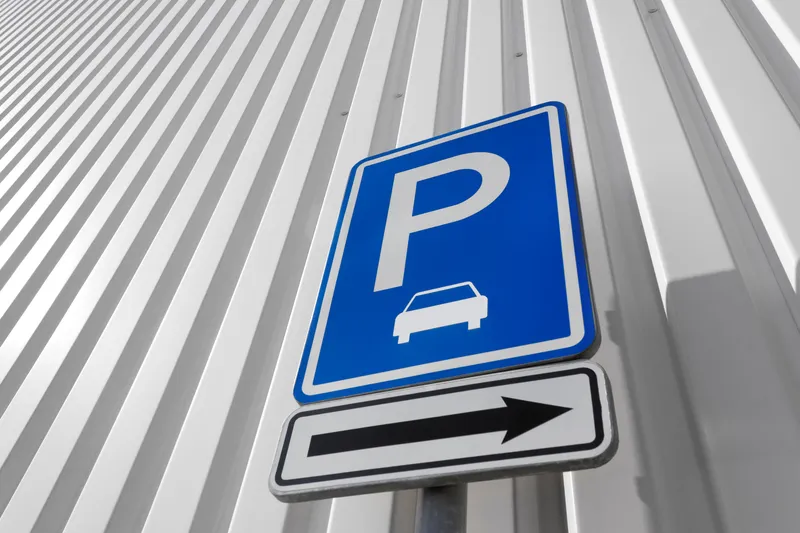French public transport operator Régie Autonome des Transports Parisiens (RATP) and manufacturer of cable-driven lift systems Pomagalski (POMA) have signed a three year partnership agreement for cable transport in urban environments.
The two organisations have agreed to share information on current and future cable transport projects worldwide. They will also study the opportunities for joint development of new projects and will respond jointly to bids of mutual interest in cable transport fields.
“We
January 23, 2015
Read time: 2 mins
French public transport operator Régie Autonome des Transports Parisiens (4223 RATP) and manufacturer of cable-driven lift systems Pomagalski (POMA) have signed a three year partnership agreement for cable transport in urban environments.
The two organisations have agreed to share information on current and future cable transport projects worldwide. They will also study the opportunities for joint development of new projects and will respond jointly to bids of mutual interest in cable transport fields.
“We are convinced that cable transport is a mode for the future that will carve out its niche in the mobility chain and meet the demand of local authorities wishing to develop their urban transport network”, stated Pierre Mongin, RATP Group chief executive. “Our group has made inter-modality one of its leading strengths and wishes to master every mode of transport. Although we already have experience in cable transport thanks to the Montmartre funicular and the Salève cable system, we wish to strengthen our position further through this agreement.”
“This agreement will make it possible to combine the collective abilities, from one of the world leaders in urban transport and one of the world leaders in cable transport, to leverage our position as effectively as possible at a time when there are many urban projects in development both in France and internationally”, said Jean Souchal, president of the POMA management board. “Cable transport, including funiculars, cableways and overhead cable lines, addresses multiple implementation issues, as it has a very low impact on the environment and can adapt to the topography, making it easier to overcome obstacles and giving a useful component to a city’s transport network”.
The two organisations have agreed to share information on current and future cable transport projects worldwide. They will also study the opportunities for joint development of new projects and will respond jointly to bids of mutual interest in cable transport fields.
“We are convinced that cable transport is a mode for the future that will carve out its niche in the mobility chain and meet the demand of local authorities wishing to develop their urban transport network”, stated Pierre Mongin, RATP Group chief executive. “Our group has made inter-modality one of its leading strengths and wishes to master every mode of transport. Although we already have experience in cable transport thanks to the Montmartre funicular and the Salève cable system, we wish to strengthen our position further through this agreement.”
“This agreement will make it possible to combine the collective abilities, from one of the world leaders in urban transport and one of the world leaders in cable transport, to leverage our position as effectively as possible at a time when there are many urban projects in development both in France and internationally”, said Jean Souchal, president of the POMA management board. “Cable transport, including funiculars, cableways and overhead cable lines, addresses multiple implementation issues, as it has a very low impact on the environment and can adapt to the topography, making it easier to overcome obstacles and giving a useful component to a city’s transport network”.









